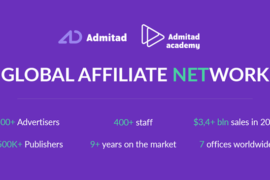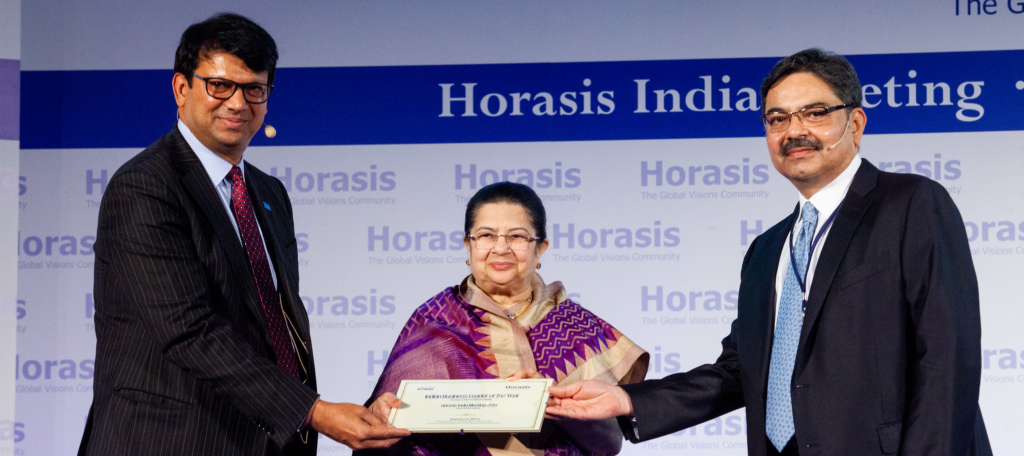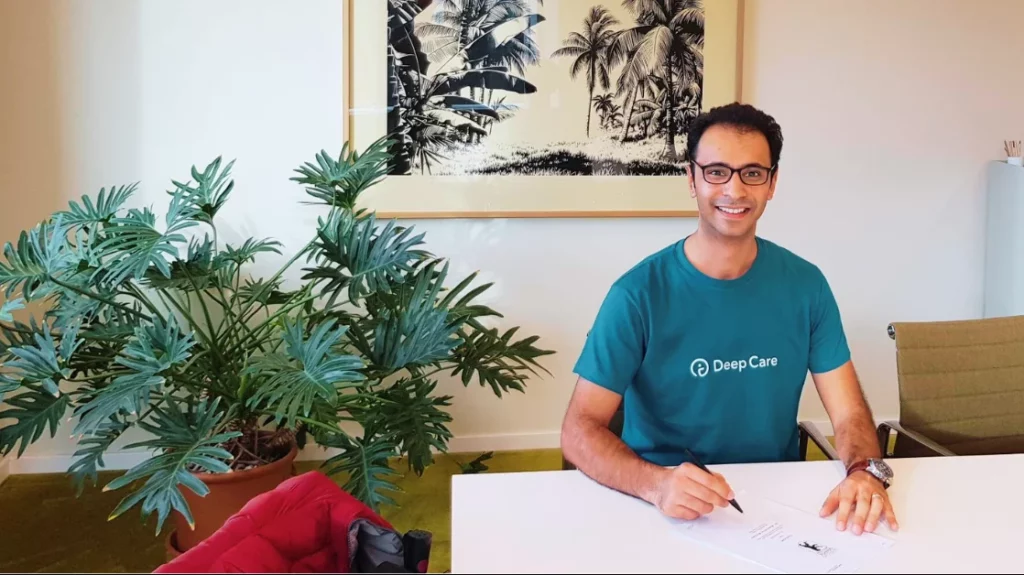According to Business Insider, “The Lord of the Rings: The Return of the King” is the only movie in the last 16 years that won the Best Picture Oscar and was the top box office-grossing movie of that year. In recent years it seems that Oscars and audience numbers have not correlated well, as this chart demonstrates.
Evidently, there is a division between what everyday people like and what major players of Hollywood want to promote when it comes to cinema. With so much disparity it may be reassuring to know that one startup is “building a place where all films have an equal chance to get noticed,” returning power to the people. This is the mission of Filmzie, a streaming, social platform.
In the same way blockchain has brought power to the people in the financial world with Bitcoin, Filmzie is using blockchain to bring transparency into the streaming digital media segment – and to be completely fair in their B2B communication towards the content providers – the film distributors. The platform will run on a technologically advanced blockchain, called DCore.
We spoke with Matej Boda, the founder of Filmzie, to better understand what inspired the creation of this platform and where he sees the startup going.
1) Why was Filmzie created, and what is its mission?
Filmzie is about freedom and fairness. We are building a place where all films have an equal chance to get noticed: it’s the users – their ratings, reviews, and interactions – that decide what’s worth watching, not money spent on marketing. I’ve spent a couple of years in blockchain before founding Filmzie, so I think you have a clear idea why this sort of transparency appeals to me!
Besides empowering the audience, building a community and digitizing word of mouth, we want to be a platform that, simply put, “doesn’t judge.” We welcome movies big and small, be it an arthouse drama or a cheesy horror. We let you decide whether the film will get noticed or not: but we’ll be there to help the creators find the right audience.
Last but not least, we want to treat creators fairly as well. We promise adequate compensation and completely transparent billing: the creators will be paid every single time their movie is watched.
2) What was the main motivator to solve this problem, for example, did it arise from personal experience or something you recognized others having issues with?
At some point, I started asking myself why do I see the exact same movies everywhere I look: maybe not only the exact titles but the same genres, plots, and actors at the very least. I felt tired of this uniformity, and so did many people around me. I felt a bit trapped in the world that wanted me to binge watch and aimlessly consume.
As we started building Filmzie, I realized how the whole distribution chain works, how much bureaucracy needs to be tackled before a movie can reach its audience. Along the way, small creators often stop at a red light. Some movies finish their journey at a festival, and no one ever sees them. I am struggling to accept that and will do my best to challenge the way things work.
3) Sometimes entrepreneurs like to use analogies when describing an idea that is novel or innovative, is there an analogy you use or one that comes to mind when describing Filmzie?
My team often makes fun of me because I keep going on and on about Steam – a digital platform for purchasing and playing video games. Similarly to what we’re aiming to do at Filmzie, Steam gives power to the user. That means that quality, good content will naturally prevail, and in a lot of cases, it might come from an indie game studio that cannot afford traditional marketing. I am an avid gamer, and I feel that this much newer industry simply hasn’t built as many walls, layers, and obstacles as the film industry did over the decades. That’s why Steam is so popular, the question is, can something like that be done to liberalize film?
4) Are there competitors operating in this space, and how do you differentiate yourself from them?
Of course, there are, but I believe that no one is opening up to the community the way we are. Filmzie is both a streaming and a social platform, and one won’t work without the other. As I have explained, Filmzie is merely “a meeting place” guarded by our team, but in the end, what viewers want and talk about will matter the most.
5) Where do you see Filmzie in 3 years?
Most of all, I want to see a thriving, active, layered community that manages our content and discovers all the hidden gems. I envision a haven for films, a place where creators get what they deserve, and people quickly find what they want. I’d also love Filmzie to be known as the “it” place for under-represented movies and small creators.
Disclosure: This article includes a client of an Espacio portfolio company










